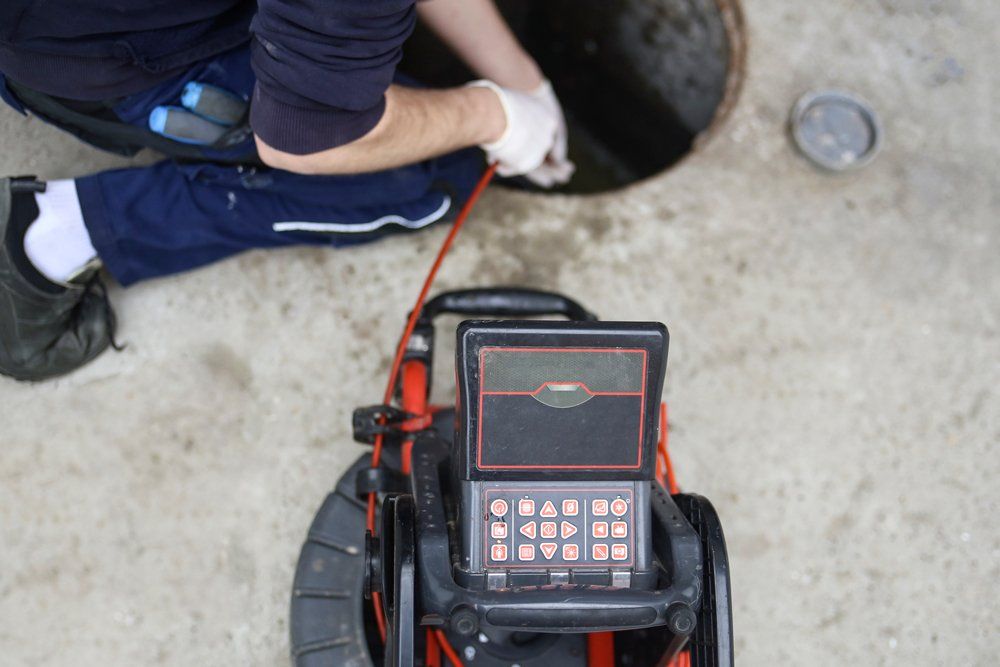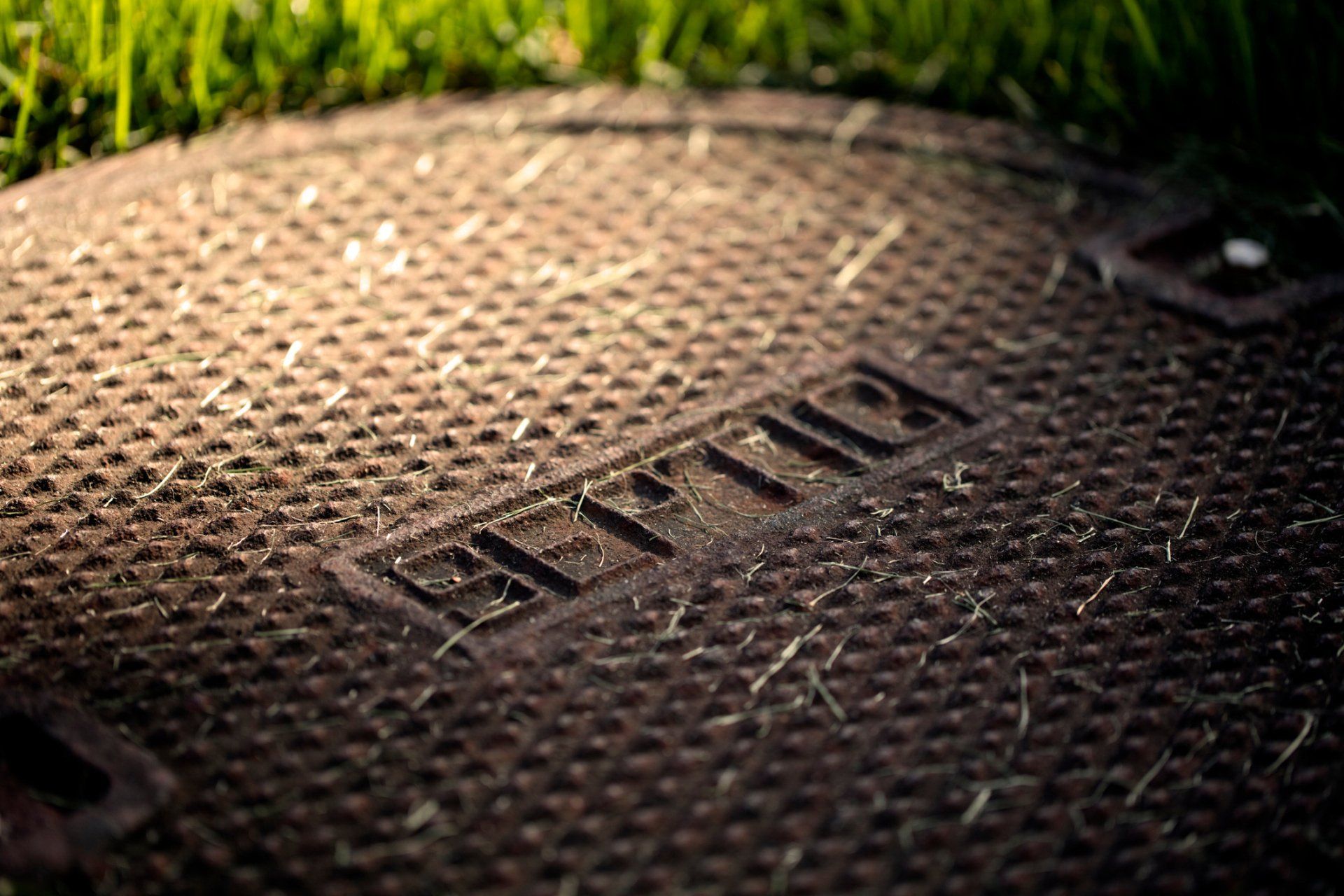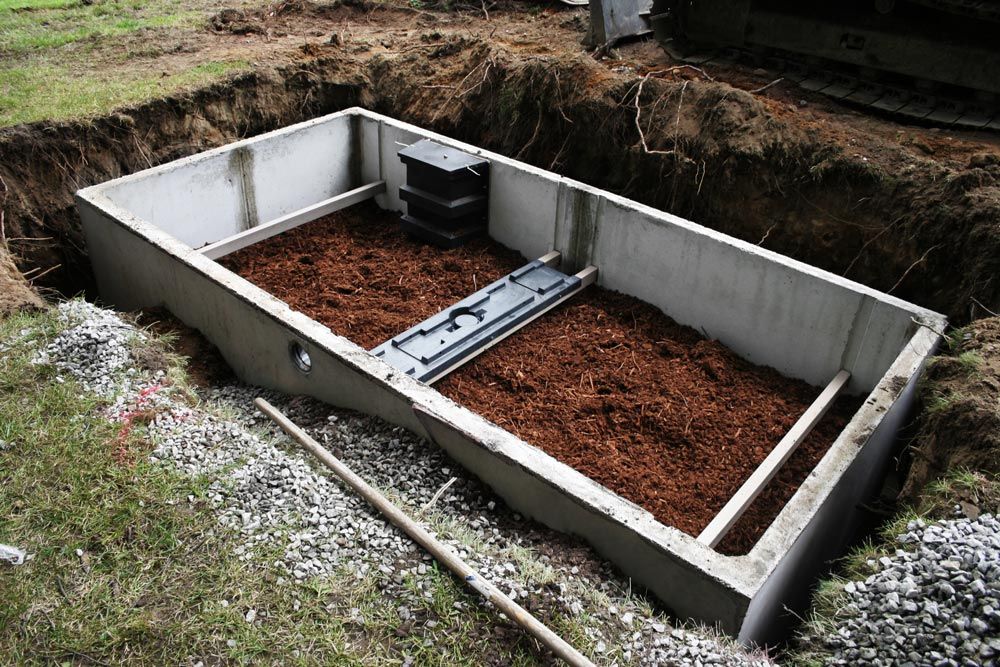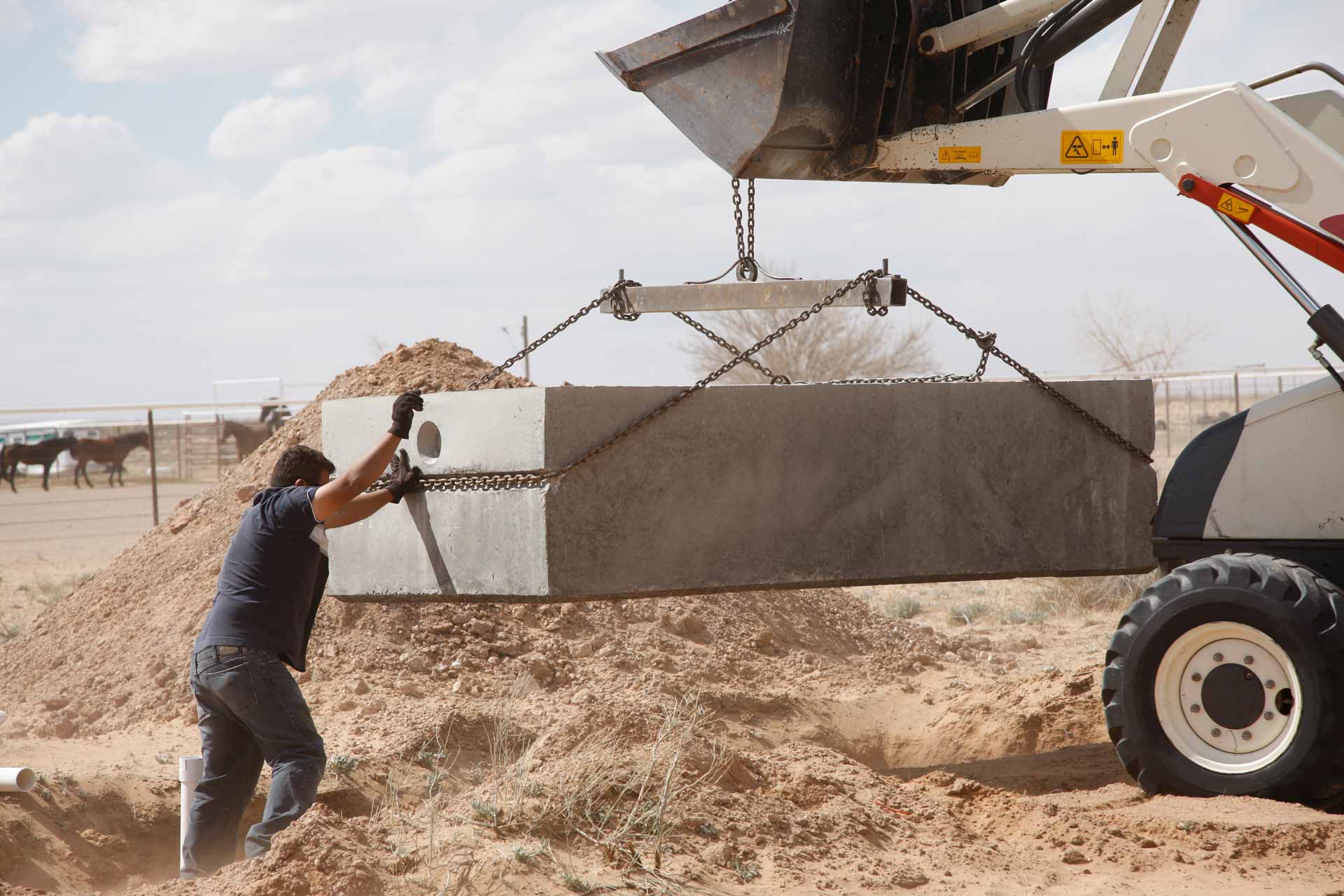RESTAURANT OWNERS, ARE YOU CARING FOR YOUR GREASE TRAP PROPERLY?
Admin • November 28, 2017
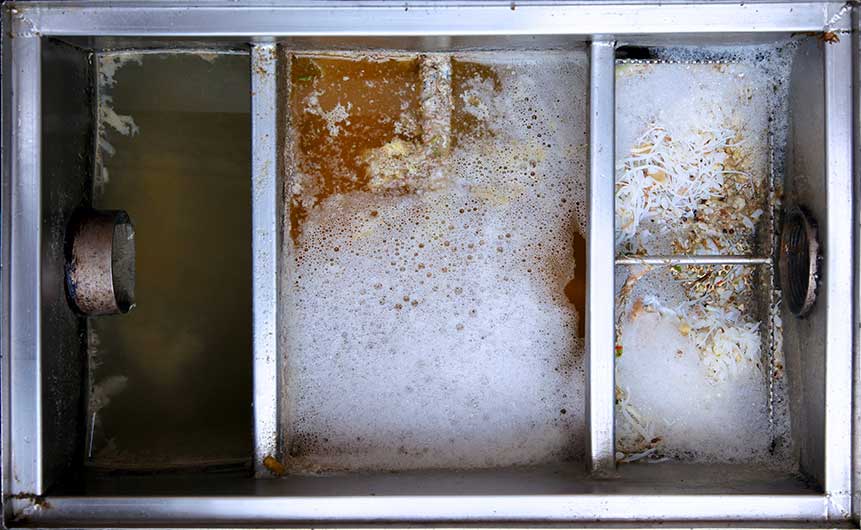
It's no secret that sending grease down the drain is terrible for your plumbing and the public sewer system. This concern is even more marked in restaurant kitchens where large amounts of cooking grease are produced. Equipping your restaurant kitchen with a grease trap or grease interceptor stops this grease from flowing into the main sewage line.
In order for your grease trap to work effectively, you need to care for it. Proper grease trap care comes down to having the grease trap cleaned on a regular schedule and minimizing the amount of grease sent down your restaurant kitchen's drains. Here's a closer look.
WHY IS GREASE TRAP
CLEANING IMPORTANT?
Your grease trap works by trapping grease and oil in its baffles, while also allowing water to flow on through the pipes. If the trap becomes too filled with grease, then there won't be enough space for water and grease to separate inside of the trap, and grease will end up escaping down the drain. This can lead to clogs in the sewer line, which may interfere with your neighbors' plumbing - not just your own.
Cleaning out your grease trap is not a task you can tackle yourself. Even if you are handy, county regulations generally state that a licensed, professional pumping company must remove and dispose of the grease. This is the case in Santa Cruz County and surrounding areas.
HOW OFTEN DO GREASE TRAPS REQUIRE CLEANING?
This really depends on the type of food your restaurant prepares, your business volume and how meticulous your employees are about keeping grease out of the sinks.
A good guideline is to have the tank pumped when it is a quarter of the way full of grease and oil. In most restaurants, it takes between one and three months for this much grease to accumulate in the trap.
If you run a pizza restaurant with a lot of fried food, then you might need to have the trap cleaned monthly. On the other hand, cafes that mainly serve sandwiches can often go a lot longer between pumping sessions.
The next time you have a pumping company clean your grease traps, tell them how long it has been since you last had the trap cleaned. Based on the size of your trap and the amount of grease in the trap, they should be able to give you a more precise estimate of how often to clean your trap.
HOW CAN YOU REDUCE THE AMOUNT OF GREASE SENT
DOWN THE DRAIN?
The less grease you send down the kitchen drains, the longer you can wait between pumping appointments. Here are some ways to keep grease out of sinks:
- Insist that employees scrape all sauces and residues into a trash can before placing dishes or pots in the sink or dishwasher.
- Place spilled oil and rags used to clean up an oil spill in a closed receptacle, not down the drain.
- If your kitchen has a garbage disposal, minimize its use and do not put oily, fatty foods down it.
If your grease trap is filling up too quickly, it may not be large enough for your restaurant's needs. Consider having a larger one installed.
WHAT ARE SOME SIGNS A GREASE TRAP NEEDS CLEANING?
If you notice any of these signs, it is time to call the pumping company as soon as possible:
- A smell of rotten food or grease coming up through your kitchen drains
- A slow or fully stopped-up kitchen sink
- Low water levels in your restaurant's toilets
If you notice any of these issues or if it has been a couple of months or longer since you've had your grease trap cleaned, call Pete's Outflow Techniciansto schedule an appointment today. We'll make sure your grease trap keeps operating properly so you don't have to deal with clogged sewer lines in your restaurant.
If the septic system doesn't function properly, it could start to generate bad smells. Learn about common reasons why septic systems produce bad smells.
The roots of trees can penetrate your septic system and impede system performance. Learn a few steps to prevent tree and shrub roots from invading your tank.
Whether constructing a new home or replacing an old septic system, homeowners must decide on the type to install. See a few types of septic tanks.
Pumping your septic tank should be part of your home maintenance routine. How often you should pump your tank? Discover a few factors that determine that.
All septic system parts eventually fail. Read on to learn about some factors that determine how long your septic drain field will last.
Landlords should proactively maintain their septic tanks for health, safety, and compliance reasons. Discover essential maintenance tips.

